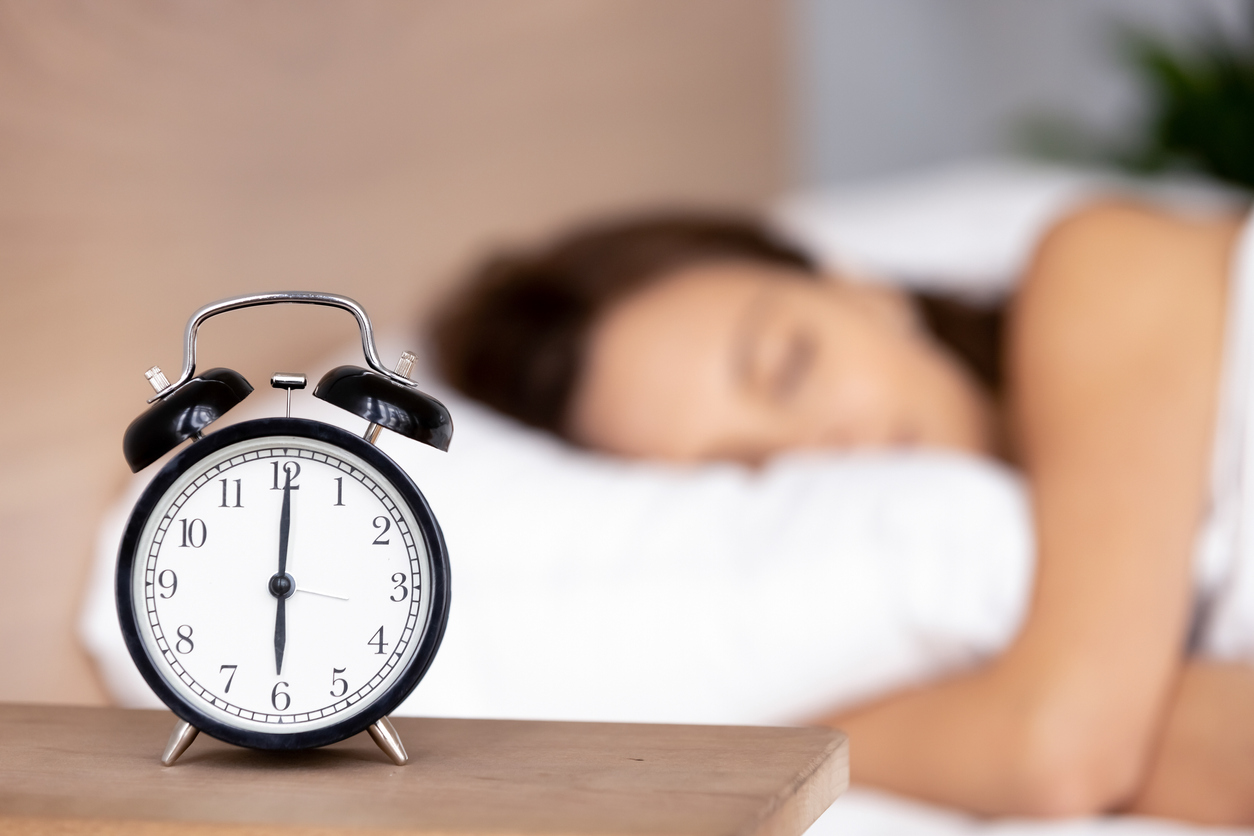
In today’s fast-paced world, good sleep and rest are more crucial than ever for maintaining overall health and well-being. However, many people fail to obtain appropriate rest owing to several causes such as stress, poor sleep patterns, and lifestyle choices. Fortunately, there are several ways to enhance the quality of their night rest and ensure they wake up feeling refreshed and rejuvenated each day.
Establishing a Consistent Sleep Schedule:
One of the most effective ways to improve sleep quality is to establish a consistent schedule. Going to bed and waking up at the same time each day helps regulate the body’s internal clock, making it easier to fall asleep and wake up naturally. Aim for seven to nine hours of rest each night, and try to keep your sleep routine even on weekends to prevent disturbing your body’s rhythm.

Create a Relaxing Bedtime Routine:
Developing a peaceful bedtime ritual helps indicate to your body that it’s time to wind down and prepare for rest. Do something soothing like read a book, take a warm bath, or work on relaxation methods like meditation or deep breathing. Before going to bed, stay away from mentally taxing activities like watching TV or using electronics since they might keep you from falling asleep.

Optimize Your Sleep Environment:
Creating a comfortable sleep environment can significantly impact the quality of your rest. Make sure your bedroom is dark, quiet, and chilly, since these settings encourage better night rest. Invest in a comfy mattress and pillows that give enough support for your body. Additionally, consider utilizing white noise generators or earplugs to filter out any disruptive noises that may interrupt your sleep.

Limit your intake of alcohol and caffeine.
Alcohol and caffeine can interfere with sleep cycles and make it harder to get a good night’s sleep. Limit your consumption of caffeinated beverages such as coffee, tea, and soda, especially in the afternoon and evening hours. Similarly, avoid ingesting alcohol close to bedtime, since it might interfere with your ability to slip into deep rest phases.

Stay Active During the Day:
By lowering stress and anxiety, elevating mood, and regulating sleep-wake cycles, regular physical exercise might help you rest better. Aim for at least 30 minutes of moderate exercise most days of the week, but try to avoid vigorous exercise close to bedtime, as it can be stimulating and interfere with rest.
Seek Professional Assistance if Needed:
Consulting a Healthcare Professional may be Helpful if, after trying these measures, you still have trouble falling asleep. They can assist in determining the underlying problems that might be causing your night troubles and suggest suitable therapies or treatments.
In summary, sustaining optimal health and well-being requires prioritizing rest and quality sleep. By establishing a consistent sleep schedule, setting a calming bedtime ritual, improving your sleep environment, and adopting healthy lifestyle choices, you may enhance the quality of your night rest and wake up feeling refreshed and ready to tackle the day ahead.
Read Also: The Hidden Dangers of Perfume: Understanding Their Toxicity



